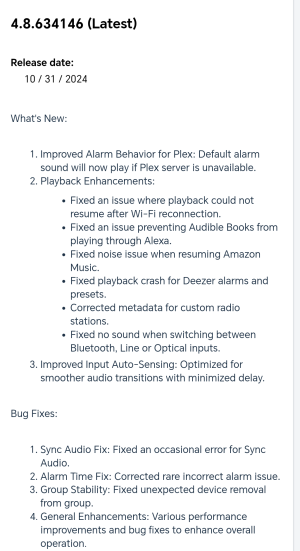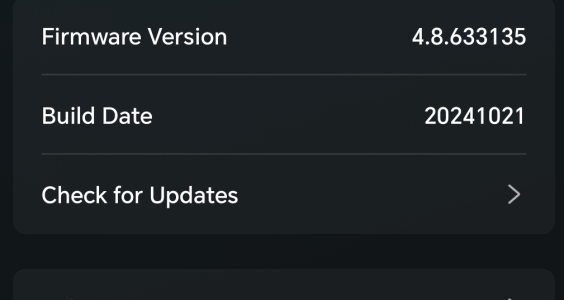A little more explanation.I think I see what you mean now. Are your R128 tags actually named R128?. I just have REPLAYGAIN tags generated using the R128 algorithm.
Yes. What you have is pretty common. R128 tag values are just written to the old Replay Gain tags. I have 2 sets of tags - on labeled as ReplayGain and one as ReplayGain128.
The other issue is what reference level they are using. The R128 standard uses -23 LUFS but some people find that too quiet, so some programs use a -18 LUFS reference for R128. -18 matches the old Replay Gain volume better. I am not a Roon user but as I understand it Roon has a specific tag for the reference level for each track. Other programs provide other options to increase the gain while maintaining the dynamic range differences.
This has been a much-discussed topic for other players and in the past it has been hard to figure out what techniques players are using. The main reason it is important is that the old Replay Gain had a higher reference gain, so strict R128 gain is often too low for many people.
So, I guess the full question is
1) What tags are being used? In the Tidal case, whatever Tidal uses. For other sources this become relevant.
2) Does it assume the tag value is R128? I presume so.
3) What Reference Level is being used? I presume -23 LUFS.
Also, at least in the past as I understand it Tidal only used Album Gain tags. Wiim says they are providing both Album and Track Gain, so how are they doing that? Has Tidal changed changed their tagging or it Wiim going something on their own? Some programs look at consecutive tracks and if they are from the same album treat those as an album and apply gain relative to one another. Roon actually has separate tags for Album and Track gains. LMS uses Smart Gain.
As I said, there are long discussions about these issues for other players and some players have provided unique implementations. I am just hoping Wiim can provide some details on their implementation.
Sorry for the long-winded explanation, but I have been through these issues before.


